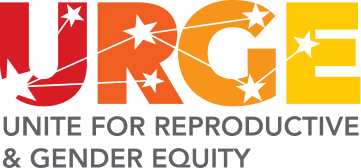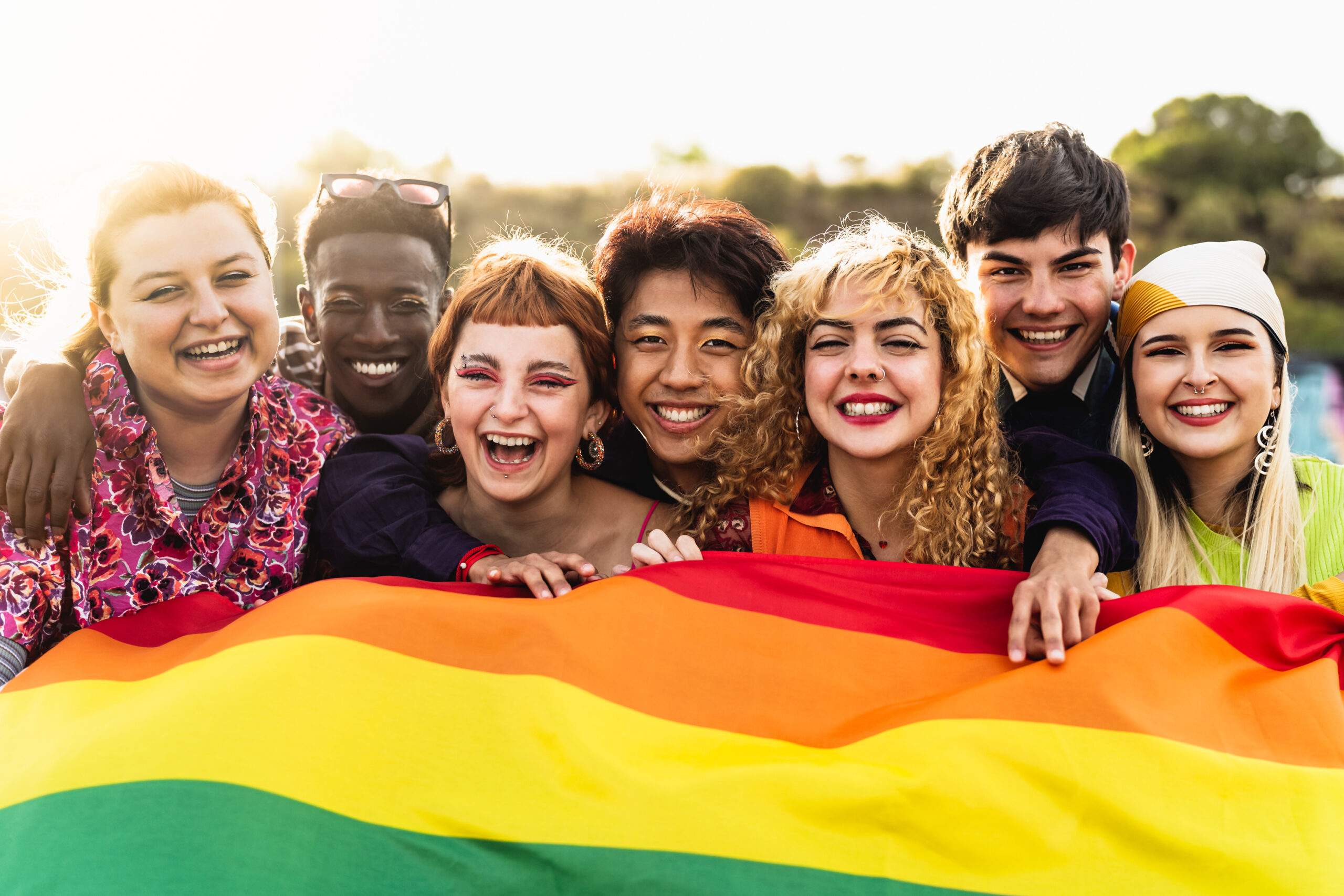There is No Justice Under White Supremacy
On April 20, 2021, after an almost month-long trial, a Minnesota jury delivered a guilty verdict on all counts in the trial of Derek Chauvin, the former Minneapolis police officer charged with murder in the death of George Floyd on May 25, 2020.
Statement from Kimberly Inez McGuire, Executive Director, URGE:
“We honor that this verdict may bring relief or comfort to George Floyd’s loved ones, to others who have been impacted by police violence, and to Black communities across the country. While it’s an outcome in a deeply flawed system, we don’t discount the meaning of this glimmer of accountability for many.
“Still, we know that no courtroom in this country can deliver justice — not to the Floyd family, and not to Duante Wright’s son, not to Adam Toledo’s mother, not to any of the countless, named and unnamed, Black people killed by police. Convicting a police officer of murder won’t end the terror and suffering inflicted on Black communities. Creating more oversight won’t stop the killing nor dismantle the white supremacist structures that have shattered so many Black lives. The only path to justice requires that we root out the very system of police and prisons designed to destroy Black people.
“Every year, police officers in this country kill approximately 1,000 people, a disproportionate number of whom are Black. Few of these officers will ever face scrutiny much less accountability. Even when they do, we know they are unlikely to be indicted, as we have watched — grim but unsurprised — Breonna Taylor, Eric Garner, and Tamir Rice’s killers all walk free. And while Chauvin will not, we still cannot declare justice for George Floyd.
“The court that indicted and found Chauvin guilty is part of the same criminal punishment system that kills and cages Black, brown, Indigenous, poor, and trans people every day — the same system designed to destroy Black families and replicate chattel slavery’s control of Black bodies. Convicting more police officers of murder, making indictments more likely, or creating more oversight within that system is not justice. We cannot declare justice until the police killings have ended and we have dismantled the structures that enable them to happen in the first place.”
Statement from Preston Mitchum, Policy Director, URGE:
“We can never expect the criminal punishment system to give us justice. Normalizing punishment as a tool for restoration and transformation will never help Black, Latinx, AAPI, Indigenous, and other people of color and is certainly not ‘just’.
“Make no mistake: The criminal punishment system is not the solution— even in these rare instances where white people are put on trial for their incessant violence against Black people. And that’s why, whenever we talk about creating better systems or building a more just society, we must always center the communities who are ignored and harmed the most. Our communities need mercy from the violence of white supremacy. George Floyd needed more mercy. The people who will be killed by law enforcement, regardless of this verdict, will need mercy, too.
“Intersectionality requires much more than using the same tools that have harmed us. It requires being visionary, bold, imaginative, and subverting these systems. Why? Because a ‘guilty’ verdict, even when it feels right considering our options, doesn’t inherently translate to justice.”
###
About URGE:
URGE envisions a liberated world where we can live with justice, love freely, express our gender and sexuality, and define and create families of our choosing. To achieve our vision of liberation, URGE builds power and sustains a young people’s movement for reproductive justice by centering the leadership of young people of color who are women, queer, trans, nonbinary, and people of low-income. As a state-driven national organization, URGE organizes our communities, provides a political home for young people, advocates for meaningful policy change, and shifts culture, working in states where the challenges and opportunities are greatest.


